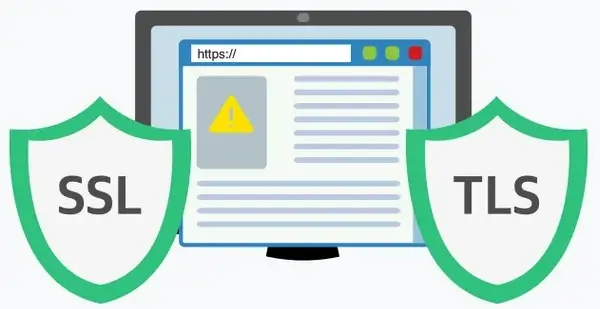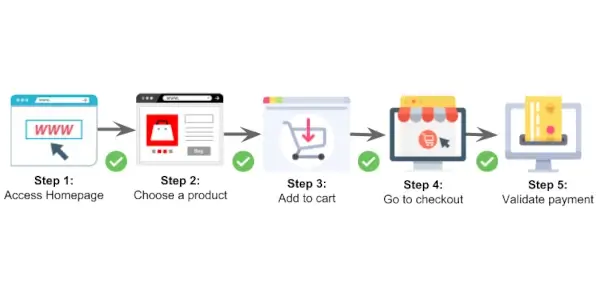The Psychological Impact of Website Downtime on User Trust and Brand Perception
Posted on September 18th, 2023 by Simon Rodgers in Monitoring, Explainer
Website downtime refers to the period when a website is inaccessible or experiences disruptions, resulting in users being unable to access its content or services.
The Benefits of Using Application Performance Monitoring Software for Website Performance Optimization
Posted on August 15th, 2023 by Simon Rodgers in Monitoring, Explainer
Website performance optimization has become critical for businesses in this digital era. If you want to maintain a competitive edge and ensure exceptional user experiences, application performance software is necessary.
What is the difference between SSL vs. TLS? Which Gives Your Website the Best Protection?
Posted on May 10th, 2023 by Simon Rodgers in Security, Explainer
The main difference between SSL and TLS lies in their security improvements and protocol versions. SSL is an older, now obsolete protocol for securing data transmission, while TLS is its more secure and modern successor. TLS offers stronger encryption and improved security features and is the current standard for secure internet communications.
The Future of Website Development: Exploring the Impact of Artificial Intelligence and Machine Learning
Posted on May 3rd, 2023 by Rohan Singh in Industry News, Tech, Explainer
Artificial intelligence (AI) and machine learning (ML) are two cutting-edge technologies that are revolutionizing the field of website development. AI refers to the ability of computers to perform tasks that typically require human intelligence, such as recognizing speech, understanding natural language, and making decisions based on data. On the other hand, ML is a subset of AI that involves training algorithms to learn from data and make predictions or decisions based on that learning.
What Are the Main Drivers Behind Real-Time Transaction Monitoring?
Posted on April 19th, 2023 by Simon Rodgers in Monitoring, Explainer
Real-time transactions have become the new normal. In fact, MasterCard research found that consumers consider real-time payments more important than the Internet, next-day delivery, and utility services. As a result, banks and other financial institutions are increasingly turning toward real-time transaction monitoring.

 Copyright 2000-2024, WebSitePulse. All rights reserved.
Copyright 2000-2024, WebSitePulse. All rights reserved.